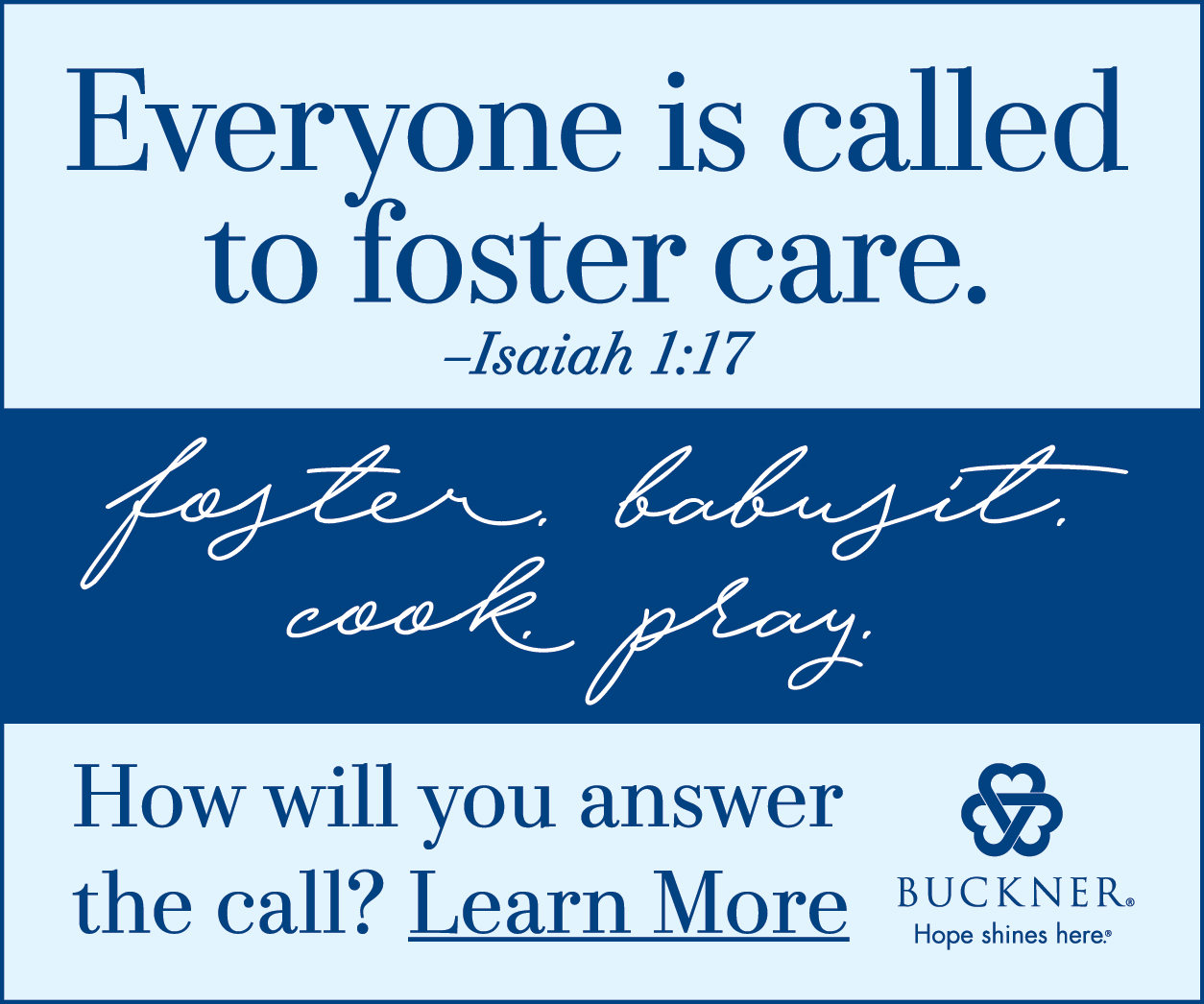In this week’s lesson, the Israelites are moving through Moab on their way to the Promised Land. Our perspective on this story does not come entirely from within the community of faith, but from the Moabite perspective. Balak, king of the Moabites, is afraid of the Israelites, and he summons Balaam to come and “put a curse” on them so that he might defeat them (Numbers 22:6).
Balaam, while not an Israelite, is a God-fearer. When Balak offers him a rich reward for his service, Balaam reminds him, “Even if Balak gave me his palace filled with silver and gold, I could not do anything great or small to go beyond the command of the Lord my God” (Numbers 22:18).
Balak and his messengers are insistent, however, and God eventually allows Balaam to go meet with the king. On his way, he has a curious and somewhat humorous encounter with God through his own donkey. It is fitting to remind ourselves at this point that God is the Lord of all creation. God’s power is not limited by physicality or our assumptions about the way God ought to work. God is truly free in this regard.
Has God ever spoken to you in an unusual or unexpected way? Have you ever encountered God when you were not looking for him? God comes when he wishes, speaks what he desires and does so in the way he chooses. When we call God sovereign, we are recognizing this freedom and these qualities about God.
As an aside, such knowledge should be humbling and encouraging to preachers and teachers everywhere. None of us are completely essential to the work of the kingdom, but at the same time, if God can work so memorably through Balaam’s donkey, God is more than able to work through me.
Following Balaam’s reminder about God’s sovereignty, he is greeted by King Balak and makes preparations to speak what Balak hopes will be a curse upon the Israelites.
It is important to remember that before Balaam proceeds with his work, he again cautions the king, “I must speak only what God puts in my mouth” (Numbers 22:38). Such a phrase should warn the king that what he is asking and what he will receive may not be the same thing. By giving the matter to God, Balak has submitted the matter to God’s authority and ceded his own.
Had Balak really thought through his request, he would not have made it. How could he expect God to curse the people God already had blessed with the divine name and promises? Balak asked God to go against the divine will.
Unsurprisingly to us, God does not honor Balak’s request. On the contrary, rather than giving a curse for the Israelites, God pronounces a blessing upon the Israelites through Balaam.
Two verses from the New Testament come to mind. The first is 1 John 5:14: “This is the confidence we have in approaching God: that if we ask anything according to his will, he hears us.” The second verse is Romans 8:28: “And we know that in all things God works for the good of those who love him, who have been called according to his purpose.”
One of the essential lessons about prayer is that prayer is not bending God to our will; it is bending our will to God’s. Balak sought to bend God to his will for his personal gain. God would not be bent and instead, worked for the good of God’s own people and purposes. When you pray, do you consciously seek to pray according to God’s will? Do you bend your will to his, or are you tempted to try to bend God’s will to yours?
It doesn’t take much to imagine what Balak felt when he heard Balaam utter the blessing. “What have you done?” he cried in despair (Numbers 23:11). Balaam reminded him he was under compulsion to speak only what God told him to speak. Balak, being a slow learner, thought that perhaps Balaam simply needed a change of scenery. He took him to “another place” (Numbers 23:13) and asked again for a curse. Balaam inquired of God, and again God gave a blessing. Doubly distraught, Balak tried one more time with the same results.
The story is darkly comic. The idea of Balak hopping mad after three attempts by Balaam to bring a curse resulted only in a triple blessing makes me smile, but it is a sad smile. It is sad because I know that I am a lot like Balak. I am slow to learn about the things of God. I try to make God serve me. I fail, and I get mad, and I stubbornly refuse to learn that God is working out the divine plan, not my plan. Time and again I fail to recognize that God has my best interests in mind, and I stubbornly think that any glory I can scrape together for myself is better than the glory God offers if I will follow him.
Sign up for our weekly edition and get all our headlines in your inbox on Thursdays
I doubt I am alone in relating to Balak this way. How can your class members pray for one another about following God’s plan rather than their own? Remind them that by grace, God has made them his children, and he is able to turn curses into blessings as he works in all things to bring about good for them.












We seek to connect God’s story and God’s people around the world. To learn more about God’s story, click here.
Send comments and feedback to Eric Black, our editor. For comments to be published, please specify “letter to the editor.” Maximum length for publication is 300 words.